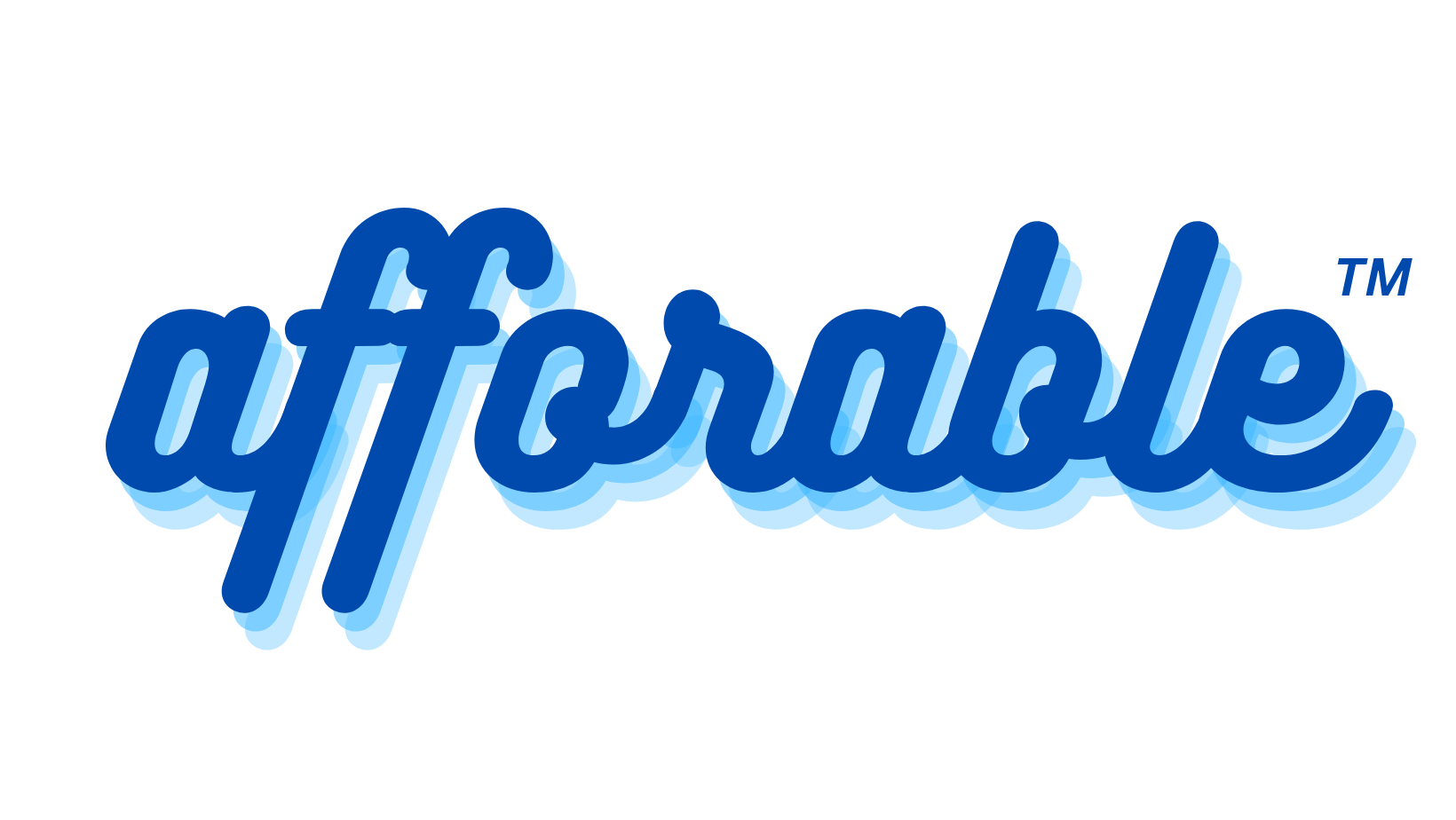When it comes to managing your healthcare expenses, you’re faced with a fundamental decision: should you invest in health insurance, or should you rely on paying for medical costs out of your own pocket? In this article, we’ll explore the factors to consider and help you make an informed choice that best suits your unique situation.
The Case for Health Insurance
1. Financial Protection: Health insurance offers a safety net, shielding you from the often high and unexpected medical expenses that can arise from accidents or illnesses. It provides peace of mind, knowing you won’t be financially devastated by a medical emergency.
2. Preventive Care: Many health insurance plans cover preventive services like vaccinations and screenings at no additional cost. This encourages early detection and proactive healthcare.
3. Network Access: Health insurance plans typically come with a network of healthcare providers. This ensures that you have access to a range of medical professionals and facilities.
4. Managing Major Medical Events: Health insurance is particularly beneficial for covering the costs of major medical events, such as surgeries, hospital stays, or chronic conditions.
The Case for Paying Out of Pocket
1. Independence: Paying for healthcare expenses out of pocket gives you the freedom to choose your healthcare providers and treatment options without restrictions from an insurance network.
2. Transparency: You have a clear view of the costs of each healthcare service, enabling you to make informed decisions about your care.
3. No Premiums: You’re not locked into paying monthly insurance premiums, which can be a significant ongoing expense.
4. Simplicity: Dealing with healthcare expenses directly means you can avoid the complexities of insurance claims and pre-approvals.
The Middle Ground
For many individuals, a combination of health insurance and paying out of pocket is the best approach. This allows you to benefit from the financial protection of insurance while maintaining control and flexibility in your healthcare choices.
For example, you can use health insurance for major medical expenses and rely on out-of-pocket payments for routine, predictable healthcare needs. This balanced approach provides financial security for significant healthcare events while allowing you to make cost-effective choices for everyday healthcare.
Conclusion
Ultimately, the decision to choose health insurance or pay out of pocket is a personal one that depends on your financial situation, health needs, and preferences. It’s crucial to weigh the pros and cons of each approach and find the right balance that suits your lifestyle and healthcare requirements. Regardless of your choice, the most important act in this healthcare decision is taking an active role in managing your health and well-being.

